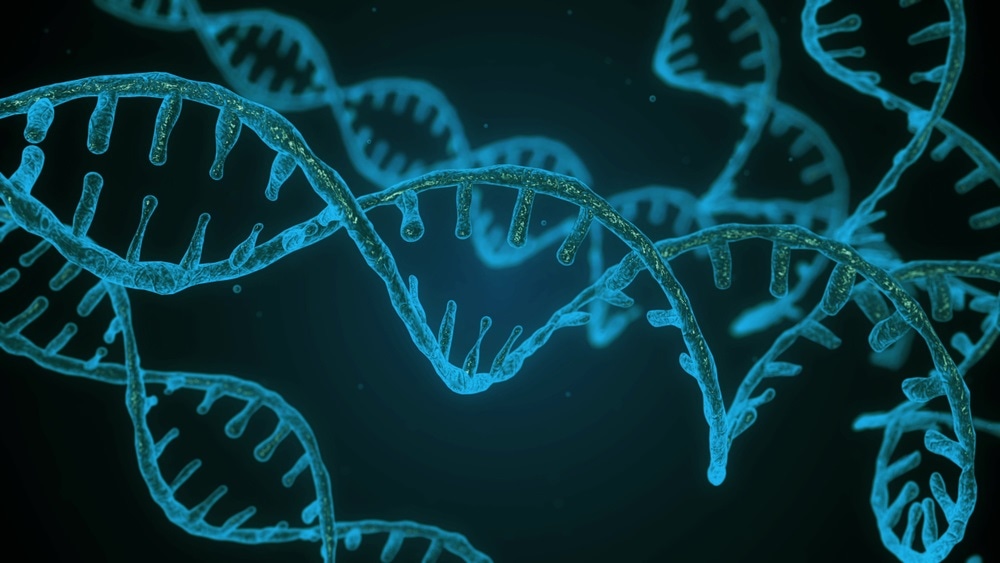Researchers at the University of California, San Diego, have released the findings of a new study that uncovers the role of the circular, 3D shape of extrachromosomal DNA in augmenting mutant oncogenes in cancer cells, resulting in more aggressive tumors with higher resistance to therapy.
 Image Credit: CG Alex / Shutterstock.com
Image Credit: CG Alex / Shutterstock.com
A paradigm shift in cancer study
A paper published this month in the journal Nature has provided evidence that elucidates the workings of distinct doughnut-shaped circles of extrachromosomal DNA in the maintenance, resistance, and aggressiveness of cancer.
The work of the California-based team builds on previous findings from a team at the same establishment that were published in 2017. In this paradigm-changing study, researchers found that short fragments of circular DNA that encode cancer genes are far more common in cancer cells than previously believed. They showed that circular DNA was apparent in almost half of human cancers and that it played a key role in generating the cellular diversity that increases the resistance and evolution of cancer cells.
Building on this work, scientists at the University of California San Diego, along with those at Stanford University and the Howard Hughes Medical Institute, conducted a new study that demonstrates how circles of extrachromosomal DNA (ecDNA) interact with cancer cells and cause certain behaviors. These findings may prove to be invaluable to the development of new and improved treatment options.
Easy access circular DNA is key to benefits gained by tumors
In humans, enzymes are relied upon to read the instructions laid out within a cell’s DNA, which is tightly wrapped around histone octamers within the cell’s nuclei, making it difficult to access.
In cancer cells, something different is occurring. These cells contain circular DNA similar to those found in bacteria. The researchers topographically informed circular maps of oncogenic extrachromosomal DNA to explore how the shape of ecDNA affected the function of the cancer cells.
The results showed that circular ecDNA is highly accessible, rather than difficult to access, like the DNA found in healthy cells. This easy access allows for its rapid transcription and expression of its genes, enabling the fast production of growth-promoting oncogenes within tumors. These features allow tumors to grow quickly and respond to their environment, including potential threats.
The results highlight that the unique shape of DNA found in cancerous cells is a powerful feature, leading to factors that increase the tumor’s ability to respond to treatments, grow, and evolve and remain established in the body. The findings shed light on the 3D organization of the cancer genome and epigenome, giving key information to scientists to allow them to target these cells more effectively.
The impact of the new findings on cancer treatment
What was found by the team at San Diego is likely to have a profound impact on the way tumor evolution is understood as well as influencing the development of new treatments.
These findings emphasize that cancer cells are biologically different from eukaryotic cells in more ways than were previously assumed, and this means that the same rules do not adhere to them. The research demonstrates that, like with bacteria, cancer propagates by administering ecDNA to its daughter cells in a way that allows some cells to inherit multiple cancerous copies within one cell division.
This represents an entirely different process to healthy human cells, and it is what supports the rapid evolution and genetic change seen in tumors.
The work of the team, along with previous findings in this field have played a key part in causing a paradigm shift in cancer study, impacting the potential clinical impact of new therapies.
Source:
Vicious circles: Ring-shaped DNA provides cancer cells with a malignant twist. Eurekalert. Available from: https://www.eurekalert.org/emb_releases/2019-11/uoc--vcr111819.php